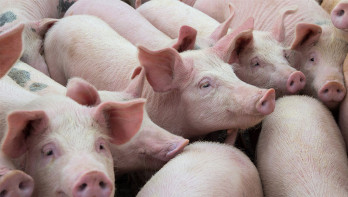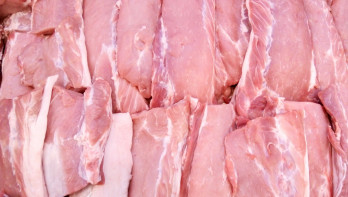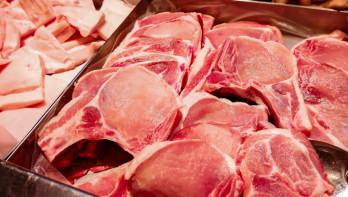Analysis Pig & Pork
Israel is consuming more and more beef
Israel is consuming more and more beef, as shown in a recent report from the US Department of Agriculture. For producers, this presents an export opportunity, as Israel imports the majority of its beef. Remarkably, Israel has developed a taste for fresh beef.
In 2015, Israel consumed 111,000 tons of beef. By 2023, consumption had increased by 58.6%. That year, beef consumption reached 176,000 tons. Beef consumption was even higher in 2022, with 197,000 tons consumed. At that time, consumption was 77.5% higher than in 2015.
This increase led to a rise in per capita consumption from 13.1 kilograms in 2015 to 17.7 kilograms in 2023. The highest demand was recorded in 2022, when Israelis consumed an average of 20.2 kilograms of beef.
Import Flourishes
This presents an opportunity for exporting markets. Israel has limited land suitable for livestock farming, which has kept beef production roughly stable. In 2015, Israel produced 23,000 tons of beef. By 2023, production had only increased by 1,000 tons to 24,000 tons. The highest production levels were in 2022 and 2021, with 26,000 tons of beef produced in those years.
Due to this natural production limit, Israel imports the majority of its beef. In 2023, Israel consumed 176,000 tons of beef, 86% of which was imported. Israel is developing a stronger preference for fresh meat. The share of frozen beef decreased from 58% in 2015 to 40% in 2023. The share of imported cattle fattened in Israel increased from 20% to 29%, and the share of chilled imported meat rose from 1% to 17%.

According to the latest available data, Israel mainly imports beef from South America. In 2021, the country imported 36% of its beef from Argentina. Brazil followed with a share of 21%. The European Union ranked third that year, with Israel importing 19% of its meat from the EU.




